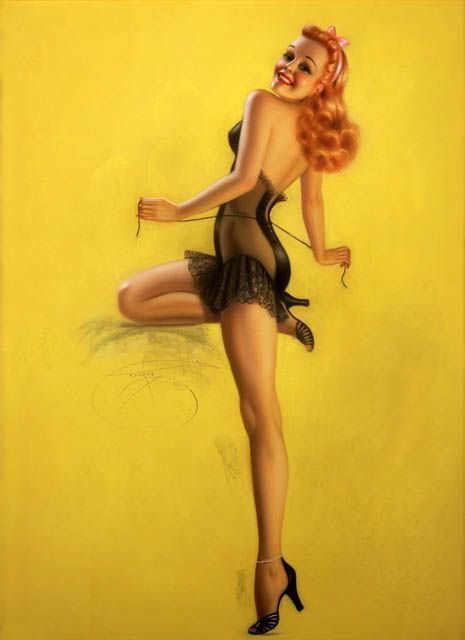Voices: Beauty - And Art - In the Eye of the Beholder
An uncomfortably large portion of electric city readers (at least those that fill out readers poll ballots) proved with the 2002 Best of NEPA reader's poll that they have very little understanding of or concern for art.
In particular, they seem to lack any concept of public art. I decided that week as we struggled against the clock to write capsules for each of the winners that my next voices column would have to address the virtues of public art.
But it's hard to care about "trivialities" such as public art these days - isn't it? Isn't it more important to concern ourselves and our tax dollars with security? I hate to even bring up the Homeland Security Department legislation that's currently flying without debate through our newly Republican-dominant legislature, but I received three e-mails this morning, including one from the American Civil Liberties Union (ACLU), warning me about tenets of freedom that are about to be stripped away.
And while you may hate me for it, I feel I must make a connection. Because there is one. Because it's often in the effort to make us safe that the baby gets thrown out with the bathwater. The more secure and the more comfortable society demands to be, the more individual freedoms and individual expressions must be limited.
In effort to "clean up" its infamously sinful French Quarter, the New Orleans police began ticketing and banning street performers along with minor criminals such as panhandlers and con artists. It's an argument of censorship. Like it or not, there's a romantic appeal to the Quarter's darkly wanton image. So maybe it's not a place you want to take the kids... but aren't adults entitled to the realization of a few fantasies that aren't child appropriate?
While I've been sitting here complaining about Scranton's lack of corner musicians to color things up, New Orleans is saying "Sayonara" to child tap dancers and "Smell ya later" to street mimes. It's a loss as frightening to me as is the loss of civil rights to the ACLU.
Meanwhile in Paris where prostitution has long been legal - street walkers pay taxes and collect social security - a parade of prostitutes marched earlier this month to protest pending legislation that would criminalize "passive soliciting." According to a report from The New York Times, "any woman whose dress or attitude gives the impression that she is soliciting money for sex and can face a fine of $3,800 or six months in jail." Those targeted by law-and-order minister Nicolas Sarkozy's crime bill would also include gypsies, squatters and beggars.
These people don't actually have to bother anyone, they just have to look as if they have the potential. On one level we're allowing our governments to whitewash the color off our city streets, on another we're advocating intolerance. How can we find the balance between accommodating diversity - allowing us to be ourselves and to share in ownership of our public spaces - yet keep things bland enough so as not offend or threaten anyone?
Public art is a contradiction. Researchers have proven there is a certain symmetry to a face that makes it more or less pleasant for babies to behold. These findings are meant to support a common law of aesthetics, suggesting that beauty can be determined by scientific certainties. Yet for all practical purposes aesthetics remain subjective - "beauty is in the eye of the beholder." How can we beautify our shared spaces when we cannot agree on what is beautiful?
Last I looked, there was no minister of aesthetics installed in any government anywhere. I'm guessing that the majority feels our tax dollars should be attributed to more important issues than "making the city pretty," and they're not about to make "good taste in art" a job qualification of any government official. Yet, I maintain that public art serves the common good. It serves not only to beautify our world, but to encourage dialogue about it. We've got to put our different viewpoints out on the table for discussion. We've got to tolerate things that make us uncomfortable, attempt to understand them instead of pretending they don't exist.
Anything that helps us to do this is not a frivolity, it's a necessity.
-- alicia grega-pikul, 21 November 2002

